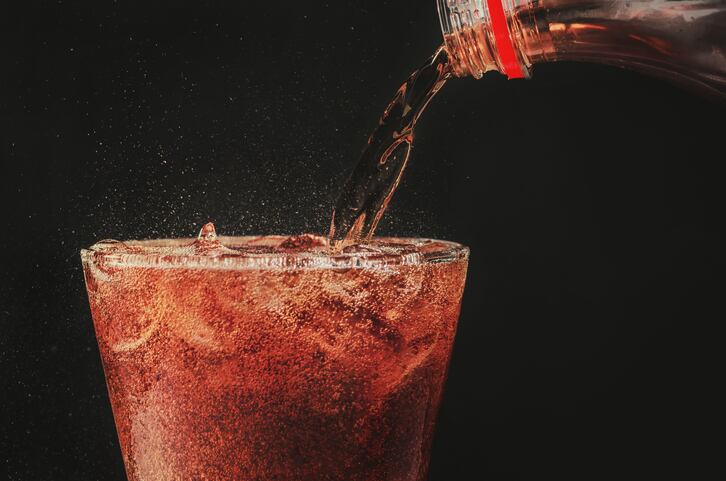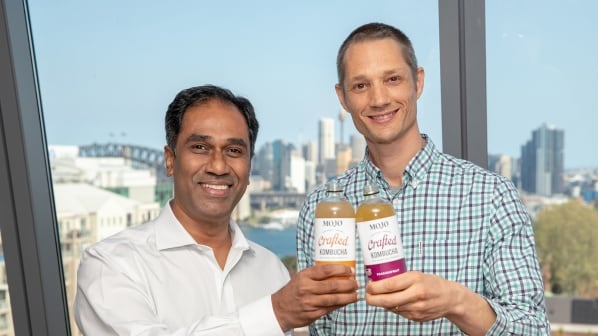In the UK – where the sugar tax came into effect this year – Coca-Cola Zero Sugar volumes were up 50% over the quarter.
Reporting its third quarter results last week, Coca-Cola European Partners observed the volume of the flagship Coca-Cola Classic brand has dipped in Europe; however, overall Coca-Cola trademark brands remained strong with growth of 3.5% thanks to 18% growth for Coca-Cola Zero Sugar as well as growth in Diet.
Coca-Cola European Partners CEO Damian Paul Gammell says the growth of the overall Coca-Cola portfolio proves the brand is resilient and with ‘phenomenal’ consumer loyalty.
Sugar tax: ‘We did suffer in Great Britain’
The UK introduced its Soft Drinks Industry Levy on April 6. The two-tier levy has a lower rate for added sugar drinks with a total sugar content of 5g sugar per 100ml or more; and a higher rate for those with 8g / 100ml or more. Beverages under the 5g threshold do not pay the levy.
With 10.6g sugar per 100ml Coca-Cola Classic attracts the higher levy rate; but Coca-Cola Zero Sugar and Diet Coke are exempt from the levy.
Gammell did not provide a figure for the volume decline of Coca-Cola Classic specifically in Great Britain, only across Europe, but admitted the brand has suffered as retailers increase their focus on no sugar varieties.
“We'll be able to give a better read on the sugar tax impact in Great Britain as we get into Q1 and Q2. We did suffer - certainly, in Great Britain, retailers did take the opportunity with the sugar tax to over space Coke Zero and Diet Coke. And again, that's benefited us in those brands.
“We are very conscious that that shouldn't come at the expense of Coke Classic, so that's something our sales teams are very focused on. But overall, I think that brand has continued to prove its resilience and also its consumer loyalty is phenomenal, so it's great.”
UK sugar tax: the first six months
The sugar tax has only been in effect for six months, and the weather has been unseasonably warm in the UK.
“In terms of the soft drinks industry tax, the prolonged period of unusually warm winter in Great Britain continues to make it difficult to give a full assessment of the impact of the sugar tax,” said Gammell.
“That said, I am pleased with the overall transactions for our Coke trademark brands that are broadly stable versus last year with growth in Diet Coke and Coke Zero offsetting the decline in Coke Classic. In fact, Coca-Cola Zero saw another quarter of over 50% volume growth in Great Britain and I'm very pleased that our Diet Coke brand grew over 10% with promising results from the recently-launched Diet Coke flavors.”
While Coca-Cola Classic may have suffered in the UK, Gammell says the brand is doing well across Europe.
“I felt the positive thing is when the weather shines still lots of people want to drink Coke Classic. So, for us, that underpins strength of the brand. I think, generally, across Europe, we're seeing our Coke Classic business performed better. We're seeing transactions hold up a lot more. We're seeing in some of our markets that brand return to revenue growth.
"And so, that's something that excites us. It's a big part of our business. And it is performing a lot better in 2018 than it has done for many years in Europe, so that's encouraging.”
CO2 shortage
In Great Britain Coca-Cola saw revenue growth of 21%. Volume growth was strong thanks to a record-breaking summer, and Gammell says strong execution during the industry-wide CO2 shortage is credit to its supply chain colleagues.
Coca-Cola European Partners’ territory covers Belgium, Luxembourg, France, Germany, Great Britain, Iceland, The Netherlands, Norway, Portugal, Spain and Sweden.




